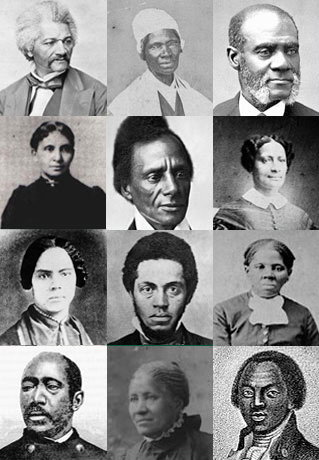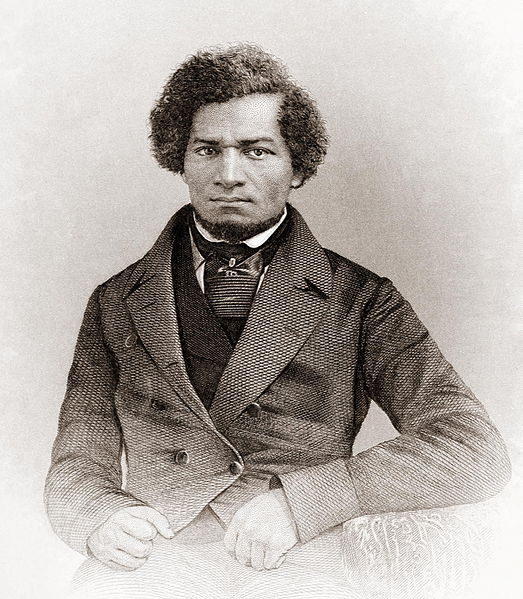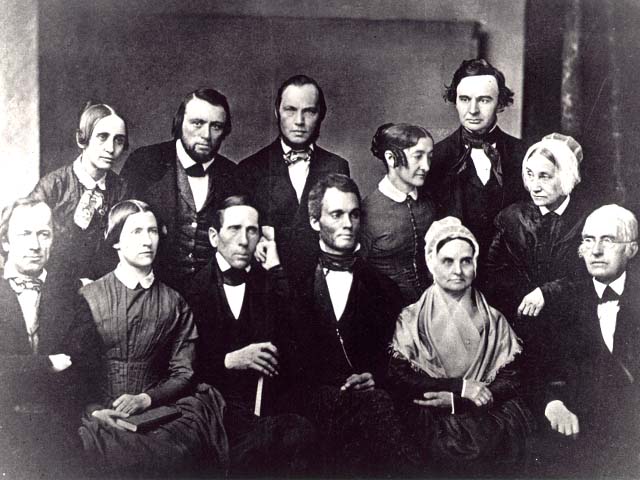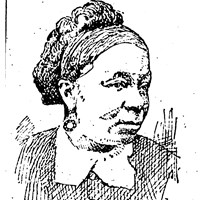Abolitionists in the 1800s were individuals who actively worked to end slavery in the United States. The abolitionist movement was a social and political effort to end the practice of enslaving African Americans and to secure equal rights for them.
During this time, slavery was a deeply entrenched institution in the United States, particularly in the South where it was an integral part of the economy. Many slave owners believed that slavery was necessary for the economy and that African Americans were inferior to whites.
Abolitionists, on the other hand, believed that slavery was fundamentally wrong and that all individuals, regardless of their race, deserved to be treated with dignity and respect. They argued that slavery violated the principles of freedom and equality that were central to the nation's founding.
Abolitionists took a variety of approaches in their efforts to end slavery. Some worked to educate the public about the evils of slavery through lectures, publications, and other forms of propaganda. Others organized boycotts of products produced by slave labor, such as cotton and sugar, in an effort to undermine the economic foundations of slavery.
Some abolitionists, such as William Lloyd Garrison and Frederick Douglass, were prominent figures who used their platform to speak out against slavery. Douglass, a former slave himself, was a powerful speaker and writer who used his own experiences to illustrate the horrors of slavery.
Other abolitionists, such as Harriet Tubman and Sojourner Truth, took a more active approach by helping slaves escape to freedom through the Underground Railroad. Tubman, who was born into slavery herself, made numerous trips to the South to rescue slaves and guide them to safety in the North.
The abolitionist movement was met with fierce resistance from slave owners and their supporters. Many abolitionists were ostracized, threatened, and even physically attacked for their beliefs. Despite these challenges, the movement gained momentum over time, and slavery was eventually abolished in the United States with the passage of the 13th Amendment to the Constitution in 1865.
The efforts of abolitionists in the 1800s were crucial in bringing about the end of slavery in the United States. Their tireless work to end this inhumane institution helped to shape the country into a more just and equitable society. Today, their legacy continues to inspire people around the world to stand up for justice and fight against inequality.








